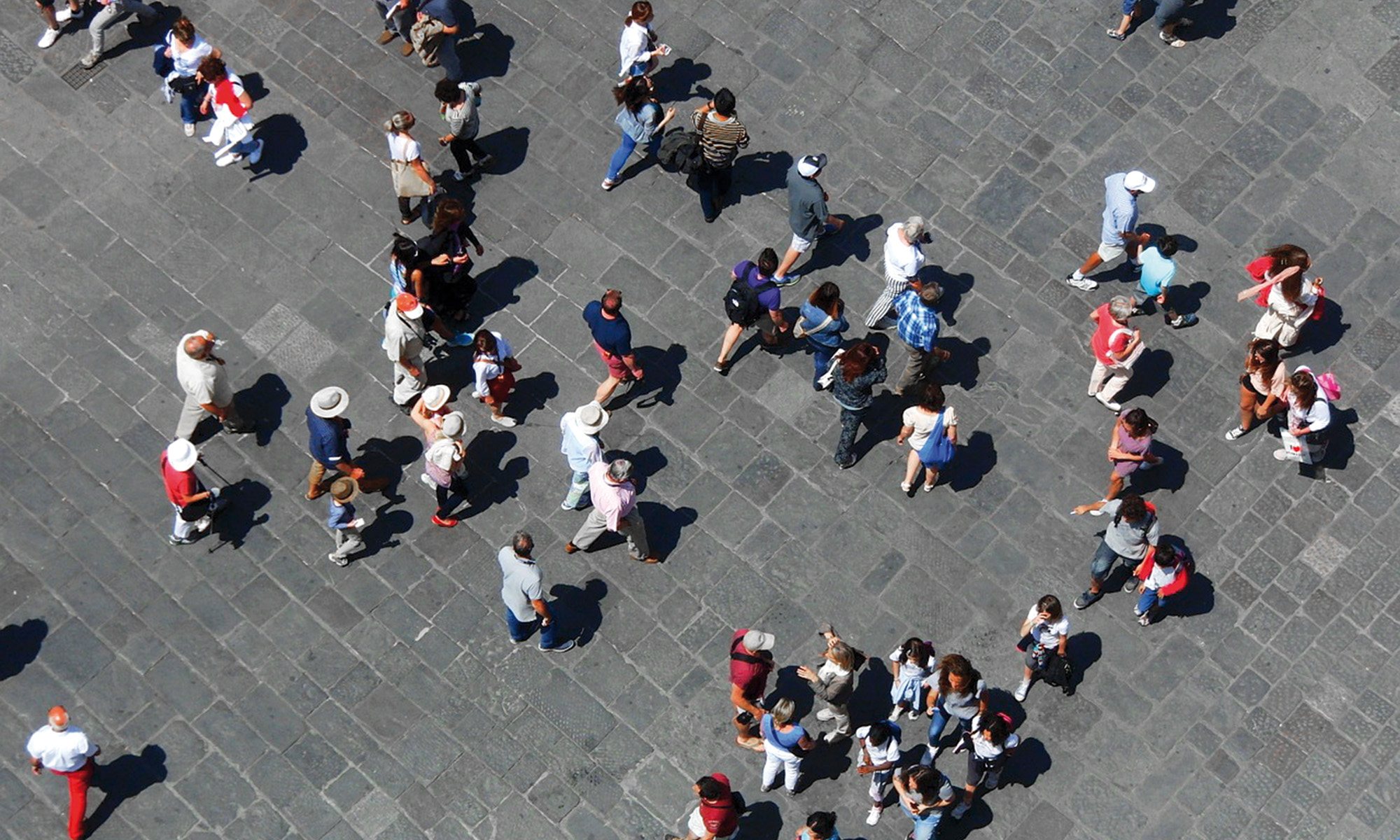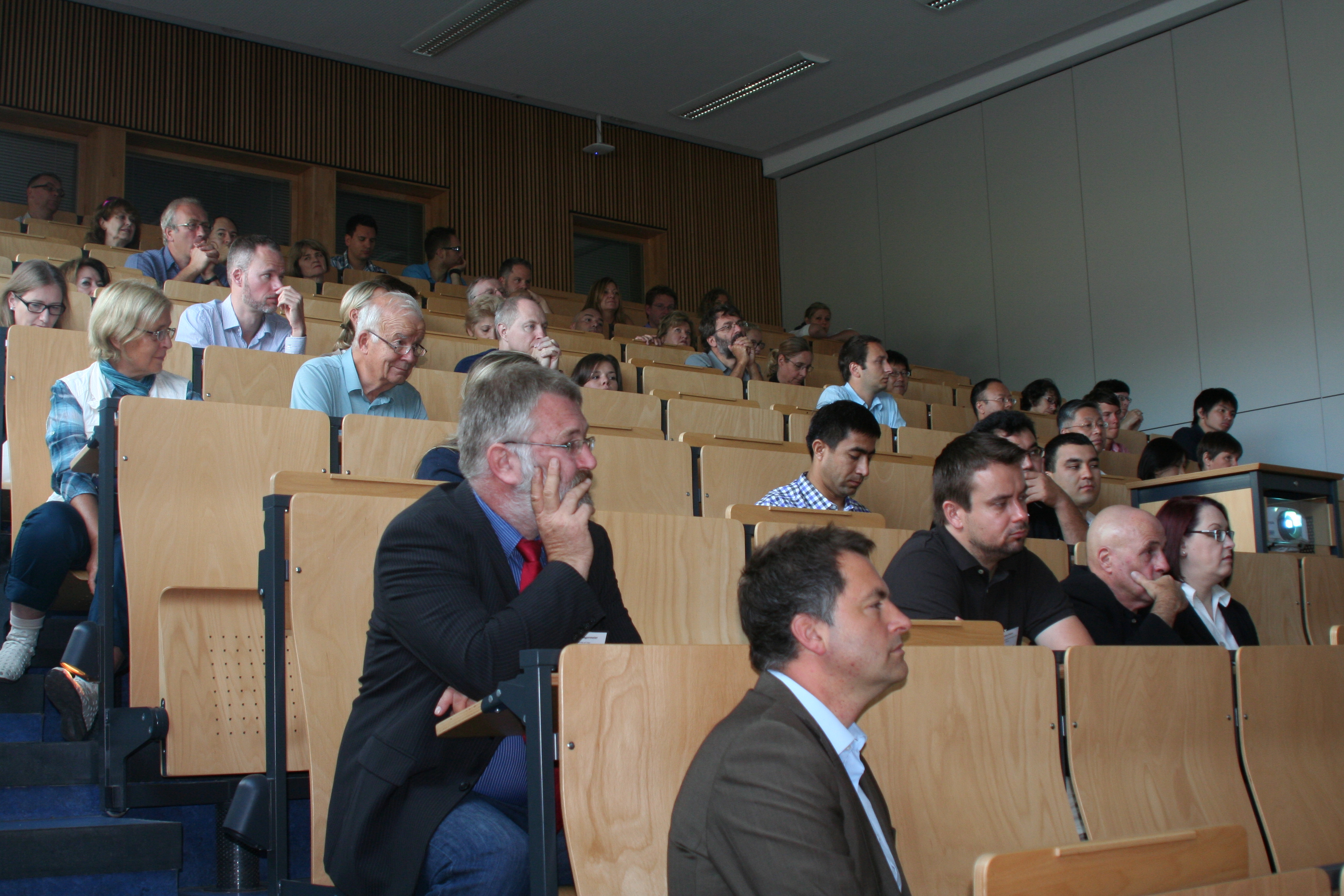International Geographical Union Pre-Conference Symposium
Trier, 22–25 August 2012
Focus: Transforming and Managing Destinations – Tourism and Leisure in a Time of Global Change and Risks
Organised by:
IGU Commission on Tourism, Leisure and Global Change/UGI Géographie du Tourisme et des Loisirs et Changement Global and Working Group Leisure and Tourism Geography of the German Geographic Society/Arbeitskreis Freizeit- und Tourismusgeographie der Deutschen Gesellschaft für Geographie
Constant change is typical of tourism as a spatial and social phenomenon. Tourist destinations, activities, products, segments, mobilities etc. are constantly changing and they are also transforming the physical, social, cultural and economic environment of tourism. This dualistic nature of tourism has contributed to regional development and economic growth, in general, but also created challenges and problems to environment. In addition, the intensified global change, including globalisation, has created risks for tourism development and tourist destinations. All this calls for better knowledge on tourism and tourism development and management, and also more sustainable practices in growth management.
The overall purpose of this symposium is to discuss the transformation of tourism as a geographical idea and the management of tourist destinations in a time of intensified global changes and evolving risks.
The symposium is organised in 11 sessions analysing the main idea under different angles and approaches:
I Global risks and risk management in tourism
II Challenges for the positioning of tourist destinations
III Governance aspects in destination development
IV ICT related challenges in tourism
V War Memorials and Tourism
VI Local communities and small tourism businesses: Inequalities and exclusion in tourism development
VII Tourism in rural areas
VIII Innovations in tourism development
IX Transformation processes in tourism destinations
X Tourism heritage in change
XI Achieving sustainability in tourism
The conference proceedings were published as volume 7 of the Studien zur Freizeit- und Tourismusforschung.
The programme as well as the book of abstracts and the registration form can be downloaded here:
Download Programme
Closing session









